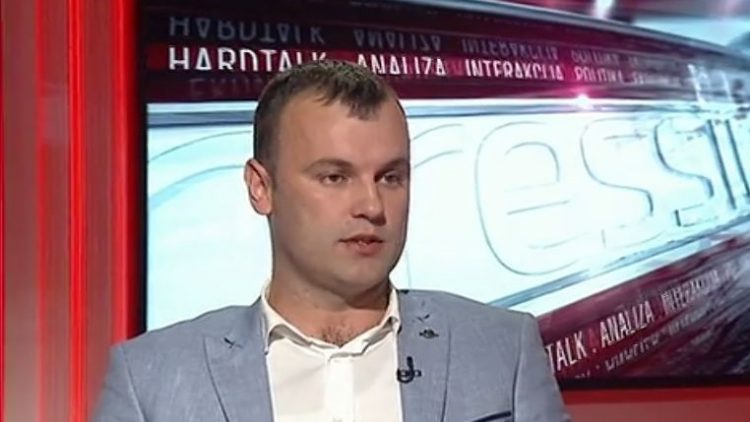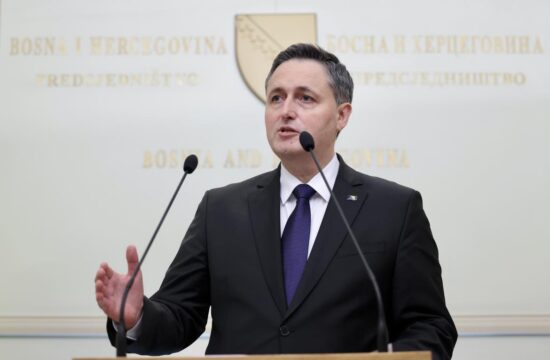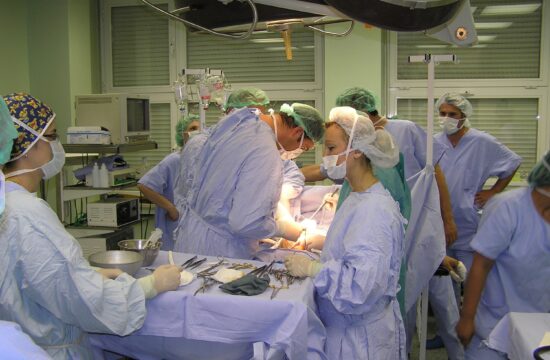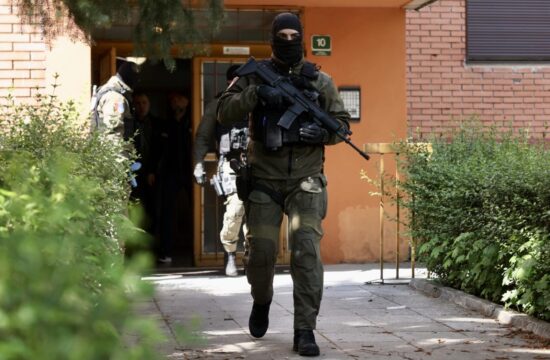
Families of the 1995 Srebrenica genocide victims asked a number of foreign embassies in Bosnia to halt all cooperation with Srebrenica’s local authorities until their behaviour toward the survivors and Bosniak returnees improves.
The appeal was sent by several associations of Srebrenica victims to the embassies comprising the Peace Implementation Council (PIC) – the international body which oversees the implementation of the 1995 Dayton Agreement that ended the war.
Although Russia is part of the body, the appeal was not sent to its ambassador as the country is known for supporting the Bosnian Serbs.
In an open letter, the associations listed incidents which took place in the Srebrenica area beginning of January which they said “culminated with a parade along the streets that included shooting from firearms and singing Chetnik songs,” as well as with “throwing out pork waste” near the cemetery where the victims were buried.
“Those events permanently damaged the security situation and inter-ethnic relations in Srebrenica, and local authorities, led by Mayor Mladen Grujicic, are particularly responsible for it,” the associations said.
“Instead of contributing to the calming of tensions and establishing trust, local institutions have wholeheartedly and openly, as a political patron, supported the campaign of producing fear and damaging trust,” their letter said.
The associations also said that Srebrenica’s former Mayor, Bosniak Camil Durakovic, has been threatened and that local authorities there are supporting a “monstrous campaign” targeting him.
“Due to the politics of insults and fear mongering among the survivors of the genocide,” the associations said they asked the management of the Potocari Memorial Centre to ban Grujicic from entering.
They also asked the embassies of PIC countries to ban Grujicic from entering their premises and halt any cooperation with Srebrenica’s institutions until their behaviour toward genocide victims and returnees improves.
The letter was signed by the head of the Women of Srebrenica association, Hajra Catic, Mothers of Srebrenica representative, Fazila Efendic, the Mothers of Srebrenica and Zepa Enclaves association head, Munira Subasic, and representative of the Women of Podrinje association, Suhra Sinanovic.
On July 11, 1995, Bosnian Serb forces overran the eastern Bosnian enclave and rounded up the town’s Muslim Bosniaks, separated men from women and little children and systematically executed some 8,000 men and boys.
The bodies of the victims were dumped into numerous mass graves in the area. Forensic experts excavate them and identify the bones through DNA analysis before returning the bodies to the families every year. Those rebury them yearly on July 11 at the Potocari Memorial Centre’s cemetery.
Two international courts, The International Criminal Tribunal (ICTY) for the Former Yugoslavia and the International Court of Justice (ICJ) later ruled that the massacre was an act of genocide.




